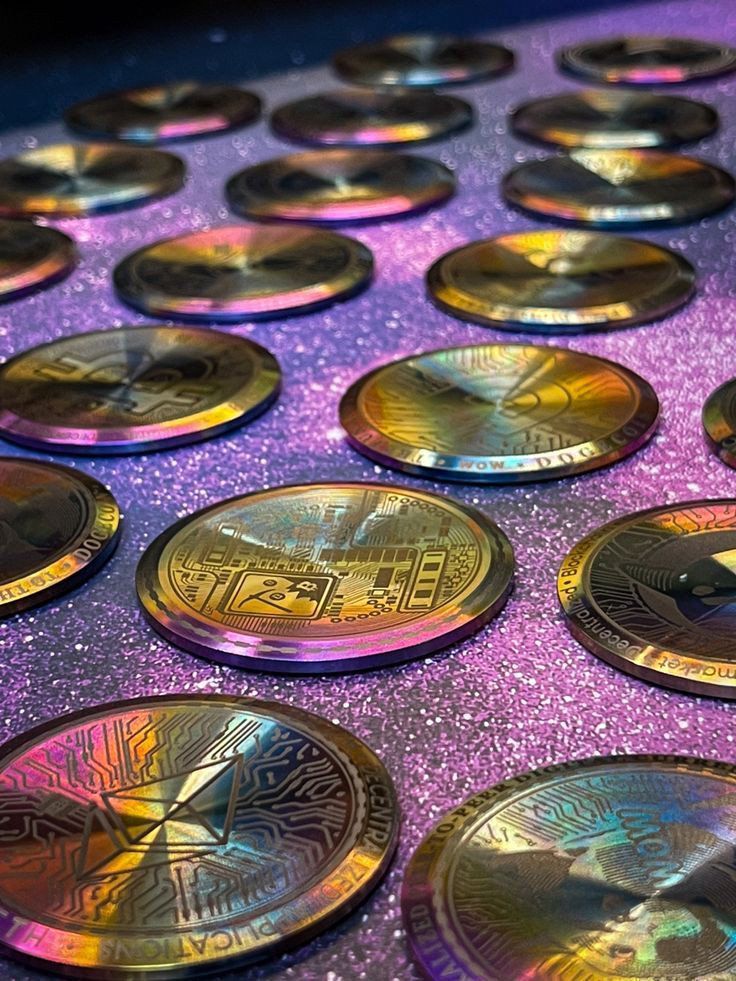Crypto Wallets Demystified: Safeguarding Your Digital Assets

Owning a trustworthy and secure crypto wallet is essential in the world of cryptocurrency for protecting your digital assets. Let's examine the significance of crypto wallets, their varieties, and the ideal procedures for protecting your money.
Understanding Crypto Wallets: Users can safely store, manage, and interact with their cryptocurrency using a crypto wallet, which is a digital tool. A public address is used to receive payments, while a private key is used to access and transmit those payments. Wallets can be hardware devices created expressly for safe storage or software-based (online or offline) systems.
Due to the decentralised nature of cryptocurrencies, users are solely responsible for ensuring the security of their money. Cryptocurrency wallets are essential for keeping your possessions secure.
Types of Crypto Wallets: A variety of crypto wallet types are accessible, each with varying degrees of security and usability:
Software wallets can be further divided into online (web-based) and offline (desktop or mobile) wallets. These wallets run on devices like computers or mobile phones. While offline wallets offer greater protection by storing your private keys offline, online wallets are more convenient but may be more vulnerable to hackers.
Hardware wallets: Hardware wallets are actual objects made to safely store cryptocurrencies. By keeping your private keys offline and requiring physical confirmation for transactions, they add an extra layer of security.
optimum security procedures It is essential to adhere to the following best practices to guarantee the security of your crypto assets:
Use Strong Passwords: Make your wallet's password complex and one-of-a-kind, and think about utilising a password manager to safely store and manage your login information.
Enable two-factor authentication (2FA): By requiring a second verification method, such as a code from a mobile app or SMS, 2FA on your wallet will add a layer of security.
Update software regularly: Update your wallet software frequently to take advantage of the most recent security updates and bug fixes.
Create a wallet backup: Make a backup of the private key or seed phrase for your wallet and store it safely offline. Using this backup, you can get your money back.
Protecting your digital assets requires making the correct crypto wallet selection and putting in place strong security measures. You can securely manage and protect your cryptocurrency holdings by taking the time to comprehend how wallets operate and by adhering to best practices.
50 comments